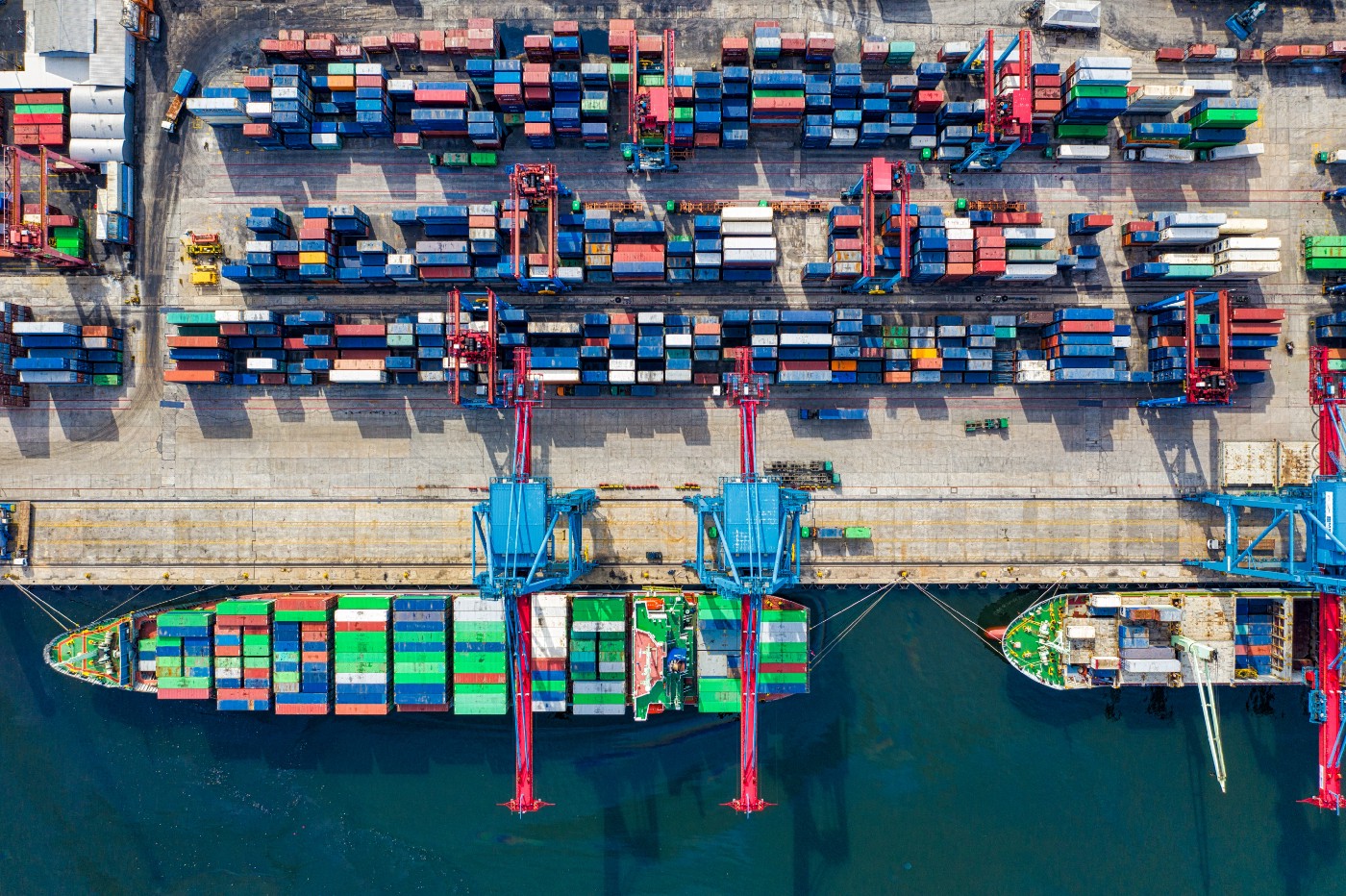After AfCFTA: Is The Future Any Brighter for African Integration?
At Spurt! We are always looking to amplify solutions to critical and specific challenges in Sub Saharan Africa. This week, we reviewed AfCFTA: 100 days since the start of free trading, prospects seem bright by Kingsley Ighobor from Africa Renewal. It’s well over 160 days since free trading kicked off under the AfCFTA.
Two Ghanaian companies, Kasapreko and Ghandour Cosmetics, made history as the pioneer exporters under the AfCFTA preferences. Africa’s free trade area represents a decisive step toward the continent’s long-held regional integration aspiration and rekindles hope for post-pandemic recovery.
The Head of the AfCFTA secretariat, Mr Wemkele, has since orchestrated the signing of an MoU with UNDP, signalling the UNDPs support in ending national customs authorities’ capacities digitizing intra-African trade and enhancing export readiness of women- and youth-led SMEs.
Currently, only three countries, Ghana, Egypt and South Africa have established the necessary customs infrastructure for trading. Still, the council of ministers has demonstrated flexibility by approving countries not yet able to meet the customs requirements to set up escrow accounts to reimburse traders operating under AfCFTA preferences.
Organizations like the International Chamber of Commerce, Trade Law Centre (tralac), UPS International Public Affairs & Sustainability, and West Blue Consulting have partnered to launch the e-TradeHubs Portal, which will act as a one-stop-shop for trade tools and information.
The ease of access to these resources is targeted at mobilizing women small business owners in AfCFTA. The portal holds important information around the documents needed, licenses, permits, certificates, fees due and estimated processing times. According to the MSME Survey done in Nigeria by PWC, lack of access to adequate information/advice is a core challenge facing MSMEs.
The democratization of trade information by the e-TradeHubs portal will drastically reduce the cost of doing business under AfCFTA for SMEs.
Whereas the launch of the trade hub stands to alleviate some pain points for SMEs under AfCFTA, it is critical to note systemic challenges like low internet penetration mar digital trading in Africa.
The costs associated with accessing the internet in some countries can prove to be quite prohibitive for SMEs. According to Aljazeera, the average internet penetration in Africa stands at a meagre rate of 18% compared to the 30% global average. Additionally, since the core underpinnings of AfCFTA are based on economic inclusiveness, an uphill task for involved agencies will be working around the barriers of endemic inequality in accessing property rights in different countries on the continent.
The juxtaposition of the national interest of individual countries against the collective objective of AfCFTA is likely to present complex friction around compliance with the trade pact.
The AfCFTA council has shown great flexibility in allowing countries that have not yet fully complied with the customs requirements by approving their access to escrow and clearing them for trade.
While this shows immense commitment to making the process easier, there needs to be a strong handle led to balancing the compliance requirements. The council will need to boost the robustness of its monitoring mechanisms to ensure compliance loopholes are tightened. Ultimately, there’s no single magic formula in operating under the AfCFTA.
The success of the integration efforts will heavily leverage existing trade relationships and the goodwill of the member countries. 65% of countries have already deposited the ratification instruments, and 69% have already confirmed compliance with domestic ratification requirements.
The greatest chance for leverage by the commission at this point is the continuous amplification of success stories.
The trajectory of Kasapreko and Ghandour cosmetics — the pioneer exporters under AfCFTA will always be a long-standing example and inspiration for other MSMEs across the continent.





